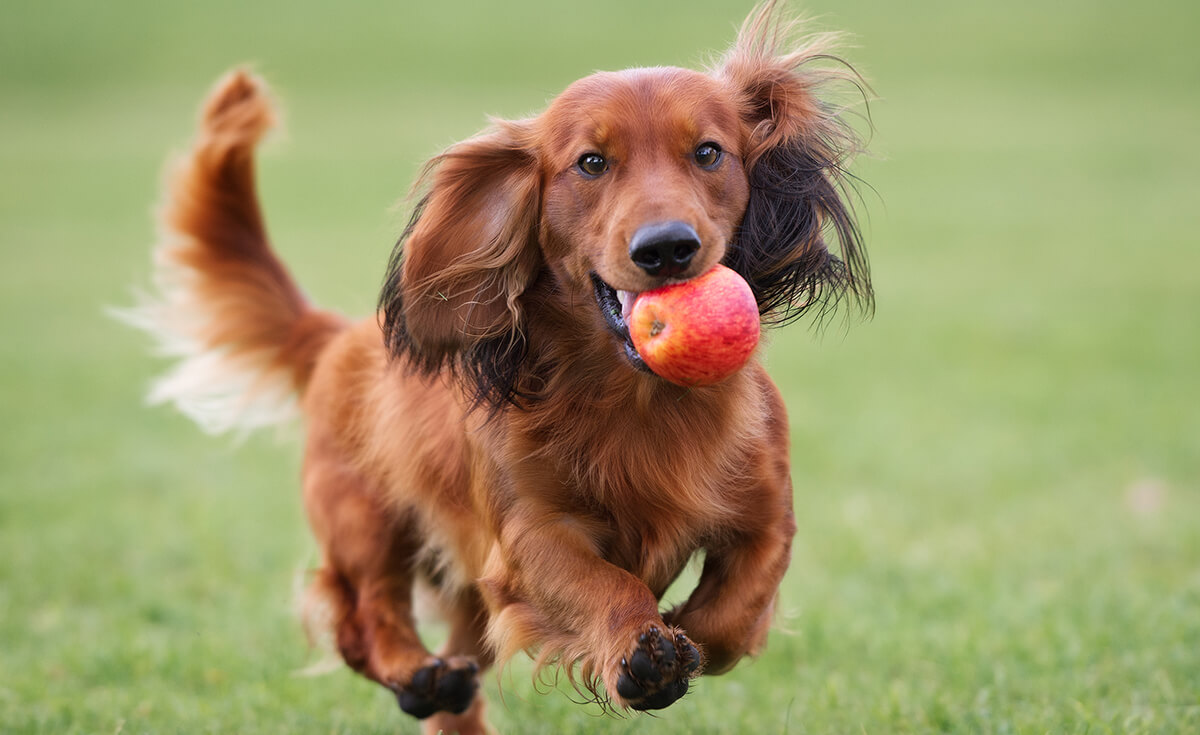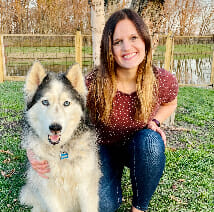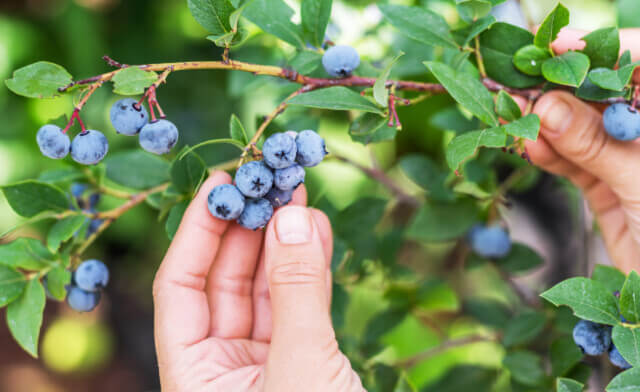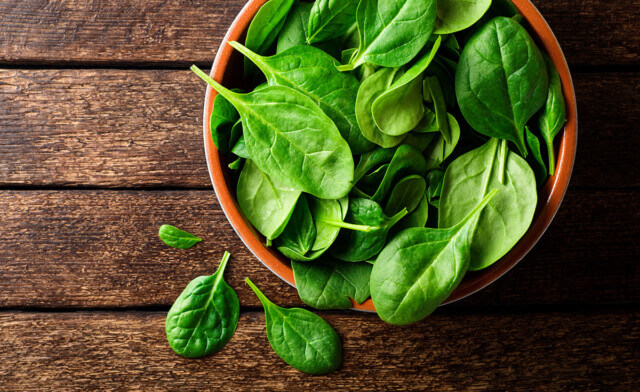What Human Food Can Dogs Eat?
As pet parents, we often find ourselves wanting to share our favorite foods with our beloved furry friends. After all, if it’s safe for us to eat, it must be safe for them too, right? Well, not necessarily. Dogs have different digestive systems and metabolisms than humans, which means that some human foods can be harmful or even toxic to them. It’s important to know which foods are safe for dogs to eat and which ones should be avoided to ensure their health and well-being.

The Importance of a Balanced Diet for Dogs
Before we dive into the specific foods that dogs can and cannot eat, it’s important to understand the significance of a balanced diet for our furry companions. Dogs are omnivores, which means that their bodies are designed to derive nutrients from both plant and animal sources. While dogs don’t necessarily need fruits and vegetables in their diet, these foods can provide them with additional vitamins, minerals, and antioxidants.
A balanced diet for dogs typically consists of high-quality commercial dog food, like Earthborn Holistic, that is formulated to meet your dog’s nutritional needs. These foods are carefully crafted to provide a well-rounded mix of proteins, carbohydrates, fats, vitamins, and minerals. However, it’s perfectly fine to supplement their diet with safe human foods as an occasional treat or snack. Be sure to consult with a veterinarian before introducing new foods into your dog’s diet.
Safe Human Foods for Dogs
Let’s explore some of the human foods that are safe for dogs to eat in moderation. These foods can be a healthy addition to your pup’s diet and provide additional nutrients.
Can Dogs Eat Apples?
Yes, dogs can eat apples! Apples are not only delicious but also packed with essential vitamins and fiber. They are a great source of vitamins A and C, which support your dog’s immune system and overall health. Additionally, the fiber content in apples can aid in digestion. Just make sure to remove the seeds and core before feeding them to your furry friend. You can even try freezing apple slices for a refreshing treat on hot days. Remember, moderation is key.
Can Dogs Eat Bananas?
Bananas are a safe and healthy treat for dogs. They are loaded with potassium, vitamins, and biotin. The natural sugars in bananas provide a quick energy boost, making them a popular choice for active dogs. However, due to their high sugar content, bananas should be given as an occasional treat rather than a regular part of their diet.
Can Dogs Eat Blueberries?
Blueberries are a superfood for both humans and dogs. These tiny berries are packed with antioxidants, which help prevent cell damage and promote overall health. They are also rich in fiber and phytochemicals. Whether you offer them fresh or frozen, blueberries make a great addition to your dog’s diet. Some dog treats like our EarthBites even combine blueberries with other superfoods for an extra nutritional boost.
Can Dogs Eat Watermelon?
Watermelon is not only hydrating but also safe for dogs to enjoy. It is packed with vitamins A, B6, and C and potassium. The high water content in watermelon makes it a perfect treat to keep your dog cool on hot summer days. Just remember to remove the seeds and rind them before feeding them to your furry friend. You can even freeze watermelon chunks for a refreshing and interactive enrichment snack.
Can Dogs Eat Strawberries?
Strawberries are not only delicious but also nutritious for dogs. They are rich in fiber and vitamin C. Strawberries also contain an enzyme that can help whiten your dog’s teeth as they enjoy them. However, like all fruits, strawberries contain natural sugars, so it’s important to offer them in moderation. Frozen strawberries can be a fun and healthy enrichment treat for your furry friend.
Can Dogs Eat Carrots?
Carrots are not only crunchy and delicious but also great for your dog’s dental health. They are low in calories and high in fiber, making them an excellent snack for dogs. Carrots are also a good source of vitamins and minerals, including vitamin A. You can offer them raw or cooked, but make sure to cut them into bite-size pieces to prevent choking. Carrots can be a healthy addition to your dog’s diet and can even be found as ingredients in many of our dog food recipes or dog treats.
Can Dogs Eat Cucumbers?
Cucumbers are a hydrating and refreshing snack for dogs. They are low in calories, fat-free, and packed with vitamins and minerals. The high water content in cucumbers makes them an excellent choice for overweight dogs or those in need of hydration. You can offer them sliced or even frozen cucumber slices for a cool and crunchy treat on hot days. Remember to choose organic cucumbers if possible to avoid any potential pesticide residue.
Can Dogs Eat Mangos?
Mangos are a sweet and juicy tropical fruit that dogs can enjoy in moderation. They are packed with vitamins A, B6, C, and E, as well as potassium and antioxidants. However, it’s important to remove the hard pit before feeding mangos to your dog, as it can pose a choking hazard. Mangos are high in sugar, so they should be given as an occasional treat, especially for dogs with weight management issues. Alternatively, you can find chewy mango dog treats that provide the benefits of this superfood without the mess.
Can Dogs Eat Pineapple?
Pineapple is a safe and healthy fruit for dogs to enjoy. It is packed with vitamins, minerals, and fiber. Pineapple also contains bromelain, an enzyme that aids in protein absorption. However, it’s important to choose fresh or frozen pineapple without any added sugars or sweeteners. Canned or packaged pineapple in syrup should be avoided, as the added sugars are unnecessary for your dog’s diet. If you’re on the go, you can even find pineapple-flavored dog treats for a taste of the tropics.
Can Dogs Eat Oranges?
Oranges are fine for dogs to eat, but it’s important to be mindful of a few things. Oranges are an excellent source of vitamin C, potassium, and fiber. However, not all dogs are fond of the strong citrus smell and taste. It’s recommended to toss the orange peel and only offer your dog the flesh of the orange, minus any seeds. Orange peel can be rough on their digestive systems, and the oils may not sit well with their sensitive noses. If your dog isn’t a fan of fresh citrus, you can find dog treats that incorporate oranges as an ingredient.
Toxic Foods for Dogs to Avoid
While there are many human foods that dogs can safely enjoy, there are also several foods that should be avoided or limited due to their potential toxicity. Let’s take a look at some of the foods that are harmful and even dangerous for dogs to consume.
Can Dogs Eat Grapes?
Grapes and raisins are extremely toxic to dogs and should never be given to them. Even small amounts of grapes and raisins can cause kidney failure in dogs, leading to serious health complications or even death. It’s essential to keep grapes and raisins out of your dog’s reach and be cautious when disposing of them. If you suspect that your dog has ingested grapes or raisins, it’s crucial to seek veterinary care immediately.
Can Dogs Eat Chocolate?
Chocolate is well-known for being toxic to dogs. It contains theobromine and caffeine, which dogs are unable to metabolize effectively. The consumption of chocolate can lead to symptoms such as vomiting, diarrhea, rapid heart rate, tremors, and even seizures. In severe cases, it can be fatal. It’s important to keep all forms of chocolate, including baking chocolate and cocoa powder, out of your dog’s reach.
Can Dogs Eat Onions?
Onions and garlic, whether raw, cooked, or in powdered form, are harmful to dogs. They contain compounds that can damage a dog’s red blood cells, leading to anemia. Ingestion of onions or garlic can cause symptoms such as weakness, vomiting, diarrhea, and even organ damage. It’s crucial to avoid feeding your dog any foods containing onions or garlic, including onion powder and garlic powder.
Can Dogs Eat Avocados?
Avocado should be avoided when it comes to feeding dogs. While the flesh of the avocado is not as harmful, the skin, pit, and leaves contain a toxin called persin, which can cause vomiting and diarrhea in dogs. Additionally, avocados are high in fat, which can lead to gastrointestinal upset or even pancreatitis. It’s best to steer clear of avocados and opt for dog treats that are formulated specifically for skin and coat health.
Can Dogs Eat Tomatoes?
Can dogs eat tomatoes? While the ripened flesh of tomatoes is generally safe for dogs, other parts of the tomato plant, such as the leaves and green parts, contain a toxic substance called solanine. Ingestion of solanine can cause gastrointestinal upset, weakness, and even tremors in dogs. It’s best to avoid feeding your dog tomatoes altogether, including tomato plants and unripe tomatoes. If your dog loves the flavor of tomatoes, you can find dog-safe tomato treats that provide the taste without the potential harm.
Can Dogs Eat Broccoli?
Broccoli is generally safe for dogs to eat but should be given in moderation. While it is a nutritious vegetable, broccoli contains isothiocyanates, which can cause gastric irritation in some dogs. Tough broccoli stalks can also pose a choking hazard. It’s recommended to offer cooked broccoli to your dog to minimize the risk of irritation or obstruction. Alternatively, you can find dog-friendly broccoli-shaped chew toys for them to enjoy.
Treat Your Dog with Care and Knowledge
When it comes to feeding our furry friends, it’s essential to be mindful of their unique nutritional needs and sensitivities. While many human foods are safe and even healthy for dogs to enjoy, there are several that can be toxic or harmful. It’s important to familiarize yourself with the safe options and avoid feeding your dog anything that could potentially harm them.
Remember to always introduce new foods gradually and in moderation. If you have any concerns or questions about specific foods, it’s best to consult with your veterinarian before giving the food to your dog. By staying knowledgeable, you can ensure that your pup leads a happy, healthy, and very well-fed life!




